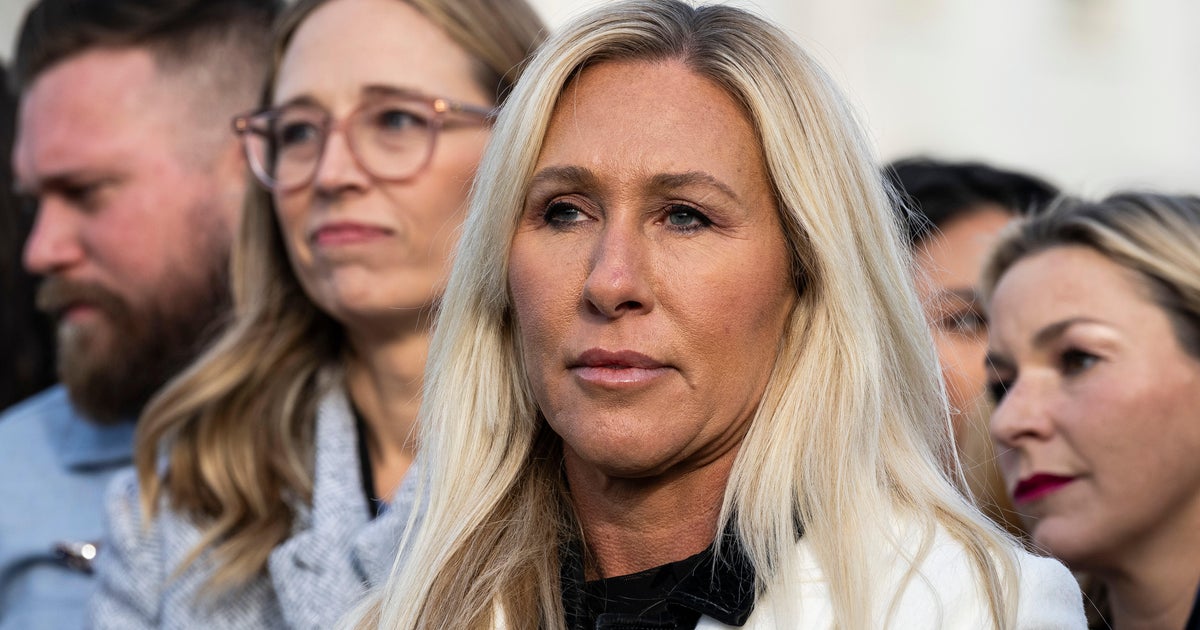Georgia governor's race: 5 things to watch
The race for governor in Georgia is one of the most closely watched in the country, pitting Democrat Stacy Abrams, a former state legislator, against Republican Brian Kemp, Georgia's current secretary of state. If elected, Abrams would become the first woman elected governor of Georgia and the first African American women to govern any state in the country.
Polls show the race is close, but a Democrat hasn't been elected statewide in Georgia in nearly 20 years.
Here are some of the voter groups to watch on election night:
New Voters to Georgia
Georgia has experienced population growth in recent years and some of it comes from people moving to the state from other parts of the country like the west coast and the northeast. . These new voters may lean more Democratic, and that could benefit Abrams -- if they turn out to vote. Long-time Georgia residents may be older and more conservative, though, and Kemp will be looking to run up margins with those voters.
Young Voters
Jobs and affordable housing have attracted younger people to the state, particularly the Atlanta area. Young voters in Georgia have been trending more Democratic recently. Hillary Clinton won 18- to 29-year old voters by 30 points in 2016, while Barack Obama narrowly lost them in 2008. Abrams needs strong turnout out among young voters to win here.
Race and the Vote
Like many southern states, Democrats have struggled to gain ground with white voters. In recent presidential elections, Democratic presidential candidates have averaged about 40 percent of the white vote nationwide, but in Georgia and other southern states, Democrats often get less than a quarter of the vote. Hillary Clinton won just 21 percent of white voters in 2016.
For Abrams to be successful, she needs to perform better than previous Democratic candidates with white voters. She may have some success with white college-educated women. Clinton performed better with this category of white voters (34 percent support), relative to others. At the same time, Kemp would like to keep the margins with white voters as high as previous Republican candidates.
In recent elections, African Americans have comprised about 30 percent of Georgia's electorate and they vote overwhelmingly Democratic. Eighty-nine percent of Georgia's black voters backed Clinton, but Abrams could do better than that. She needs African Americans to turn out in high numbers.
Conservative Voters and White Evangelicals
Georgia is still a largely conservative state. In 2016, 42 percent of Georgia voters identified as conservative, higher than the 35 percent of voters nationwide who called themselves conservative. A third of Georgia's voters are white evangelicals, and Donald Trump won 92 percent of their vote – among his best performances in the country with this group. If these voters turn out in the numbers they did two years ago, that would be good news for Kemp.
Will there Be a Run-off?
If no candidate receives more than 50 percent of the vote, there will be a run-off between the top two contenders on December 4. Most polling shows the candidates polling below 50 percent and the libertarian candidate Ted Metz getting low single-digit support – taking a bit of support from each candidate. Abrams and Kemp may be campaigning to their supporters out a second time.



